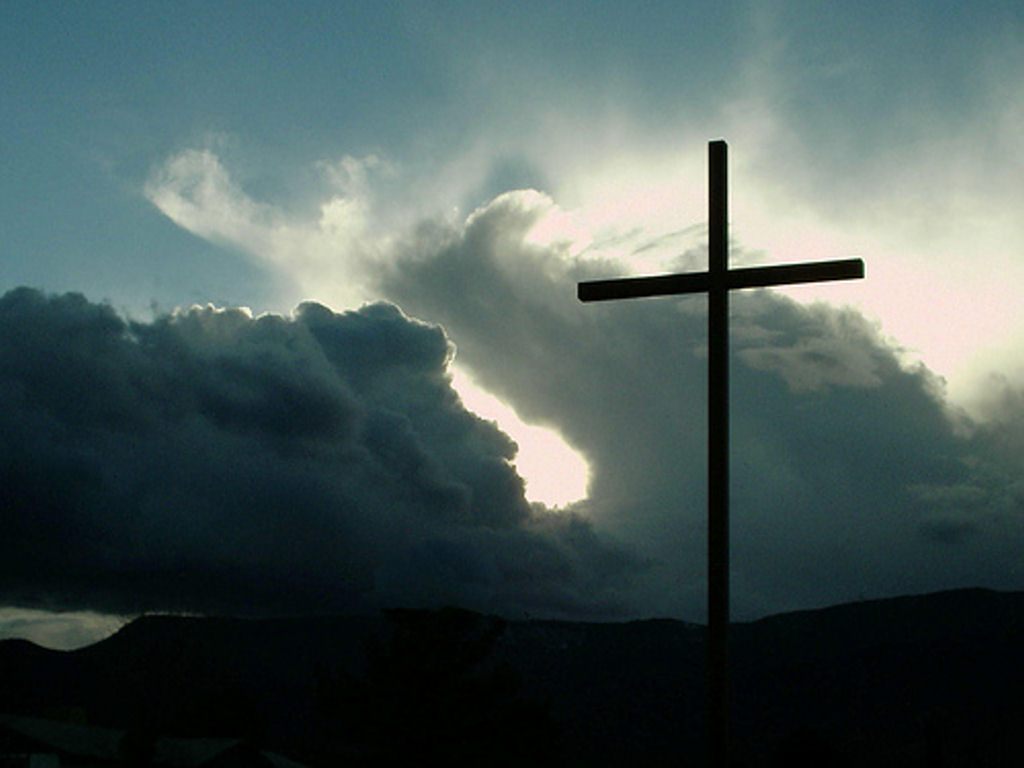
Introduction:
We have labored the past couple of days to understand what Jesus meant when He spoke about "denying to self" or "dying to self" and "taking up one's cross". We ended yesterday's post with the following four life-applications as to the centrality of cross bearing and self denial to the Christian:
1. Central to saving faith
2. Central to sanctification
3. Central to supernatural ministry
4. Centers on the Son
Today's post delves back into the Old Testament to see how these truths were developed in seed form. Certainly Jesus' statements relied upon events contemporary to His day, however the thought behind the statements runs its course through God's revelation in the Old Testament. Our post today will center chiefly on the Patriarch Jacob.
What is necessary to live for God?
Jacob was the grandson of the well-known patriarch Abraham and father of twelve sons who would be the heads of the twelve tribes of Israel. In Genesis 32 he is getting ready to face a fear that he has been running from for over twenty years - his brother. After receving word that his brother, Esau, was coming his direction with 400 men, Jacob responded and by the time we come to our text above, the Bible says: "Then Jacob was all alone". As we will see, Jacob would learn that in order to live for God, something about himself had to die.
Self must die if we are to live effectively for God
Jacob was getting ready to experience a work of God that is daily necessary in the life of every Christian if they expect to move forward in their Christian walk - dying to self. Self is that principle at work in our soul that fuels our sin nature to want what it wants, when it wants and how it wants. Dying to self, or self denial, is fundamental to what it means in being a follower of the Lord. Jesus states it plainly in Luke 9:23-24 - "And He was saying to them all, 'If anyone wishes to come after Me, he must deny himself, and take up his cross daily and follow Me. 24'For whoever wishes to save his life will lose it, but whoever loses his life for My sake, he is the one who will save it." '
In order to over come his enemies, Jacob had to be overcome by God
This episode in Jacob's life is intriguing, for he wrestles with an individual that is identified simply as "a man". Now scripture bears out that this was no ordinary man that met Jacob in the desert. Hosea 12:3-4, written over a 1,000 years after our account here in Genesis 32, gives an inspired commentary on just who Jacob was wrestling: "Yes, he wrestled with the angel and prevailed; He wept and sought His favor. He found Him at Bethel And there He spoke with us,
5Even the LORD, the God of hosts,
The LORD is His name."
It was none other than God Himself that wrestled with Jacob in the form of this "unamed man". Other scriptures clarifiy that this mysterious "man" who is really "God" as an Old Testament appearance of Jesus Christ. Undoubtedly the Bible's dual identification of this figure in the Old Testament was foreshadowing what would be the complete revelation of Jesus Christ as fully God and fully man in the New Testament. As they wrestle, the Lord asks Jacob for His name. Quite simply, he was asking for Jacob's surrender, since the giving over of one's name was tantamount to acknowledging the superiority of your opponent. Jacob did that, and as a result he received a new name - "Israel". Why? Quite literally, the Lord states that he had prevailed against men, and strove with God, and by grace accomplished both. Jacob would never be the same again.
When you die to self, expect your walk with God to be different
When this epic battle was finished, it was clear that Jacob, formerly headstrong and strongwilled was now a broken man. However that did not mean he was weaker. If anything, Jacob had entered into a whole new realm of relationship with God. The Bible tells us at the end of this fight, Jacob walked with a limp. Jacob (Israel) was now more useful to God because he had to die to who he was as Jacob in order for the power of God to manifest itself. The Apostle Paul writes in 2 Corinthians 12:9 - "And He has said to me, “My grace is sufficient for you, for power is perfected in weakness.” Most gladly, therefore, I will rather boast about my weaknesses, so that the power of Christ may dwell in me."
How do you die to self?
Let me give you three principles from this text in Genesis 32 that shows how Jacob died to his old identity:
1. Get in order with what God said. Genesis 32:24-29
2. Reckon your old identity to be dead. Genesis 32:30-32
3. Only then in God can you move ahead.
The benefits of dying to self
By dying to self, Jacob was positioned to receive further illumination from God on the nature of his calling. (Genesis 35). Additionally, by dying to self, the power of God could flow more freely through Jacob's life. Such power was going to be needed by Jacob to face tough tragedies such as the loss of his wife in Genesis 35:17 and his father in Genesis 35:29. May you and I understand and apply this essential truth for living for God.

No comments:
Post a Comment